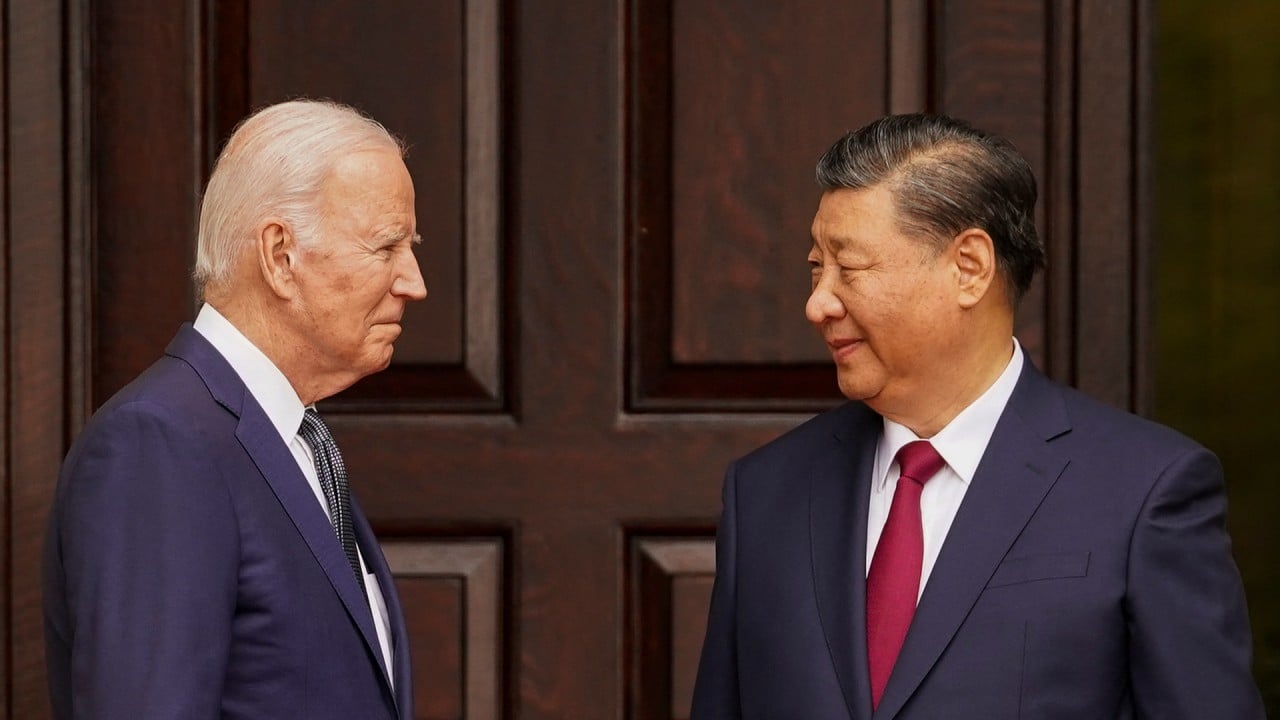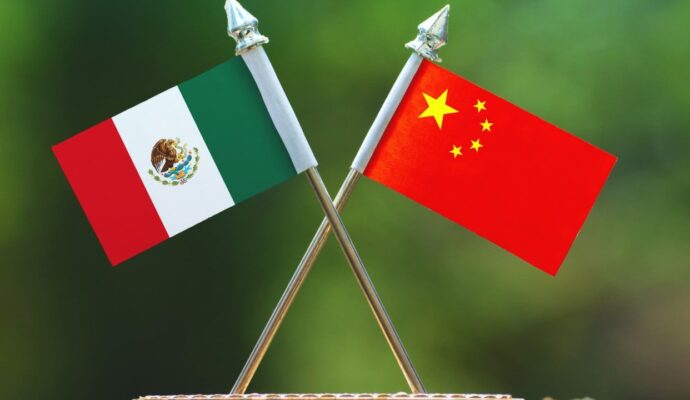Beijing recently announced a 7.2 per cent boost this year for China’s defence spending, the second highest in the world behind the US, as the country continues its decades-long mission to modernise and transform its military.
Technology is “at the heart of the battle” between the world’s two largest economies, with rivalries ranging from artificial intelligence to machine learning to quantum sciences and biotechnology, Burns said.
‘US users top list’ after China’s state-of-the-art quantum computer goes global
‘US users top list’ after China’s state-of-the-art quantum computer goes global
These things will shape the global economy but also lead to new military technologies that would “define the balance of power in the future”.
Burns said the Biden administration acted “with a great sense of purpose” in restricting China’s access to advanced US technology and semiconductors for use in artificial intelligence, among other things.
Chinese Foreign Minister Wang Yi last week slammed the US for its suppression of China. Washington’s technology-related restrictions had reached “bewildering levels of unfathomable absurdity”, he said.
But Burns hit back on Friday, pointing out to his audience that China has similar policies restricting the export of certain “core” technologies to protect its national security interests.
After China-US relations soured dramatically in the past two years, on a range of issues from human rights to then House speaker Nancy Pelosi’s visit to Taiwan and an alleged Chinese spy balloon, both sides have sought to improve ties and restore high-level engagements.
Burns said November’s meeting between President Joe Biden and his Chinese counterpart Xi Jinping led to a “relatively more stable relationship”. Earlier, China’s top diplomat Wang said there were “some improvements” to ties after the meeting.
The US ambassador said Washington’s view of the Xi-Biden summit was that it had been “very productive”.
“It didn’t resolve many of the outstanding differences on major issues but … it confirmed the judgment of both countries that … we are competitors. It’s very important that we have constant communications,” he said.
“This relationship remains highly competitive. We will very likely be systemic rivals well into the next decade. It’s very important that we manage the differences between us responsibly.”
During the hour-long seminar, Burns also dismissed the narrative that China is rising while the US is in decline, citing his country’s strong economic performance and low unemployment and inflation rates.
US tariffs on Chinese imports might increase in 2024, analysts say
US tariffs on Chinese imports might increase in 2024, analysts say
The US has also been a leader in technology and education, while its alliances in the Indo-Pacific region have grown stronger, including with the Philippines, he noted.
“We don’t agree with those in the Chinese leadership who say that the East is rising and the West is declining. That’s not how we see our power position in the Indo- Pacific,” he said.
“There’s just no way that anybody can make the charge that somehow the United States is declining. We are strengthening both strategically, militarily as well as economically.”
Lawmaker urges China to safeguard tech production chain for a quantum edge
Lawmaker urges China to safeguard tech production chain for a quantum edge
Asked about the South China Sea, Burns said the US was “very concerned by the coercive pressure” that China was trying to put on the Philippines, stressing that Beijing’s claim to the Second Thomas Shoal has “no basis in international law”.
Tensions remain high in the resource-rich waterway – which China claims almost in its entirety – with a series of recent clashes between Philippine and Chinese vessels. The dispute has drawn Manila closer to the US, with Philippine President Ferdinand Marcos Jnr set to meet US Secretary of State Antony Blinken next week.
“We want to see obviously peace prevail and we want to see China cease and desist from its provocative actions. We hope very much that this will be a quieter next few months, but we’ve been very decisive and very clear about our support for the Philippines,” Burns said.



